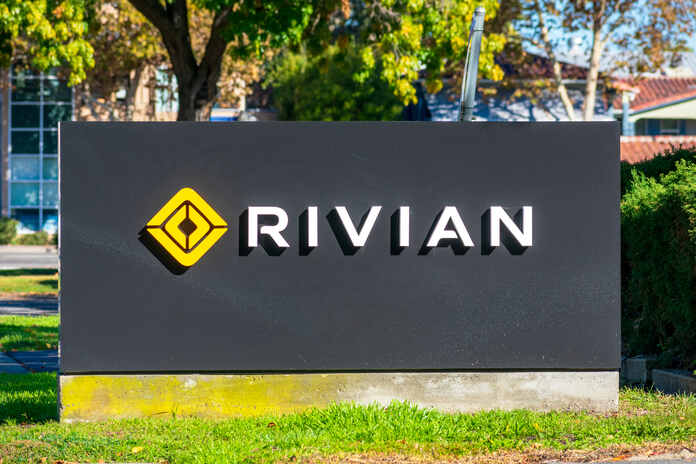In 2021, following its mega IPO, Rivian (NASDAQ:RIVN) reached a pinnacle with a market cap surpassing $150 billion, even outstripping automotive giants Ford (NYSE:F) and General Motors (NYSE:GM). Since then, the electric vehicle (EV) market, including Rivian, has faced a significant downturn. Rivian’s market cap has plummeted to about 10% of its peak, mirroring the broader trend in the EV sector.
Amidst the deepening EV industry slump, attention is now turning to which companies will weather the storm and thrive in the coming years. This article explores Rivian’s 2025 stock price prediction and what sets it apart from other startup EV firms.
The Intensifying EV Slump
As of early 2022, few foresaw a year later the EV industry experiencing a slowdown, prompting companies to recalibrate their production targets. Fisker (NYSE:FSR), Lucid Motors (NASDAQ:LCID), and Polestar (PSNY) have recently revised their production forecasts, while established players like Ford and General Motors are scaling back their EV investment plans. Even Tesla’s (NASDAQ:TSLA) Q3 earnings call conveyed a somber outlook, with CEO Elon Musk attributing industry challenges to macroeconomic slowdown and rising interest rates.
Insights from Rivian’s Q3 Earnings
Despite the general disappointment in EV market performance during Q3 earnings calls, Rivian’s situation deserves a closer look. The reaction to Rivian’s Q3 report, which saw its shares close in the red, may have been unwarranted. Here are key points to consider:
- Rivian raised its 2023 production guidance by 2,000 units to 54,000, the second such hike this year, indicating resilience in tough operating conditions.
- The company reduced its projected loss and capital expenditure guidance for the year.
- Rivian terminated its exclusivity agreement with Amazon (AMZN), its largest stockholder, and will now sell electric delivery vehicles (EDVs) to third parties.
- The company expressed optimism about launching its low-cost R2 platform in 2026, a commitment that distinguishes it from peers reevaluating their investments.
Rivian’s proactive measures and forward-looking stance during the Q3 earnings call set it apart, providing reassurance amid the broader EV industry challenges.
Rivian’s 2025 Outlook
Rivian appears well-positioned to weather the EV slump compared to many peers. Several factors contribute to its positive 2025 forecast:
- Rivian boasts an impressive product lineup, with its R1T pickup winning MotorTrend’s Truck of the Year 2022.
- Unlike some competitors engaging in price wars, Rivian has maintained its product’s value, signaling superiority.
- Improvements in Rivian’s margin profile are anticipated as it moves past pre-2022 order commitments, benefits from lower material costs, and achieves more efficient fixed-cost absorption with increased volumes.
- Rivian’s $9 billion cash reserve and plans to raise up to $16 billion in debt funding, coupled with support from Amazon, enhance its financial viability.
Additionally, Rivian’s management has kept a low profile, focusing on execution and consistently exceeding expectations in a year where many industry peers fell short.
Wall Street and Analyst Perspectives
Wall Street analysts are relatively bullish on Rivian compared to other U.S.-based startup EV companies. The stock holds a consensus rating of Moderate Buy, with 12 of 21 analysts rating it as a Strong Buy. The mean target price of $26.48 represents a nearly 63% increase from current levels.
Post-Q3 earnings, both Morgan Stanley and Bank of America reiterated their optimistic forecasts for Rivian. Barclays analyst Dan Levy views the current price level as an attractive entry point, attributing the post-Q3 drop to broader EV industry challenges.
In conclusion, while the EV industry may face continued turmoil in the coming quarters, Rivian emerges as a strong contender to thrive over the next few years, positioning itself as a potential “next Tesla.”
Featured Image: Megapixl















